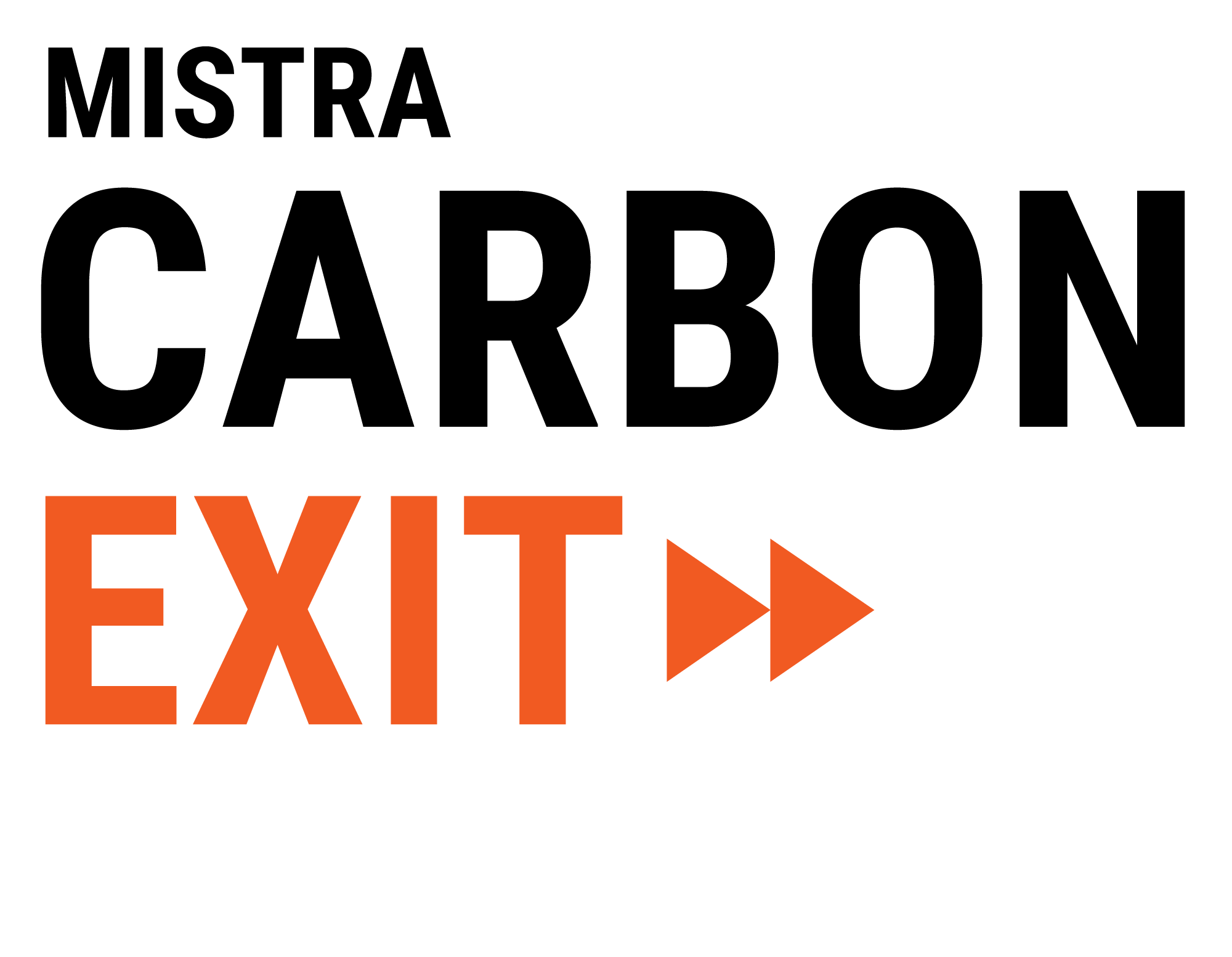Report: Sweden can become a leader in developing CCS and BECCS
CCS, Carbon capture and storage, is needed to complement other climate measures. With the right policy, Sweden can become a leader in developing this technology. So, write researchers within Mistra Carbon Exit in a new SNS report.
SNS, the Swedish Center for Business and Policy Studies, presented the analyzing policy brief “Mot nettonollutsläpp – hur kan koldioxidavskiljning bidra?” (Towards net zero emissions - how can carbon capture contribute?) from researchers within Mistra Carbon Exit in a seminar on Wednesday, 22 November.
From the Introduction:
“Capturing and storing carbon dioxide from fossil (CCS) and biogenic (BECCS) emission sources is central to achieving the goals of the Paris Agreement. Despite this, incentives for carbon capture have so far been lacking. The EU Emissions Trading System (EU ETS) is the main driver for CCS, but previously low prices for emission allowances have limited the technology's deployment. BECCS still lacks instruments. Other challenges in getting CCS and BECCS in place include high start-up costs, the need for collaborative infrastructure and the risk of a lack of credibility as a climate solution. Increasing the credibility of CCS and BECCS requires a sufficiently strong climate policy so that they complement - rather than replace - the phase-out of fossil fuels. To create better conditions for CCS and BECCS, government support may be necessary in the initial phase. But in the long term, other forms of financing need to be put in place to reduce costs for the state and increase volumes. This can be done through quota obligations, EU ETS and international trade in harmful emissions, which can be supplemented by voluntary climate compensation. Designing well-functioning instruments requires a holistic view of the carbon cycle and considering that biomass is a limited resource.”
Download the report here from SNS.
The authors are:
Lars Zetterberg, IVL Swedish Environmental Research Institute, programme director for Mistra Carbon Exit and vice programme director for Mistra Electrification.
Filip Johnsson, Chalmers University of Technology, programme director for Mistra Electrification and vice programme director for Mistra Carbon Exit.
Kenneth Möllersten, researcher at IVL Swedish Environmental Research Institute and KTH Royal Institute of Technology.
Background:
SNS, the Swedish Center for Business and Policy Studies, is an independent, non-profit organization that brings together the worlds of academia, business and government for knowledge-sharing and dialogue on critical societal issues. As a membership-based organization, SNS has 280 corporate and institutional members.
The report Towards net zero emissions - how can carbon capture contribute? is part of the project Climate change and the business sector, which highlights how Swedish companies are affected by climate policy and how regulations and instruments can be designed to promote climate change. The aim is to provide knowledge and a basis for future measures. The project runs from 2023 to 2025.


